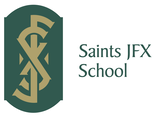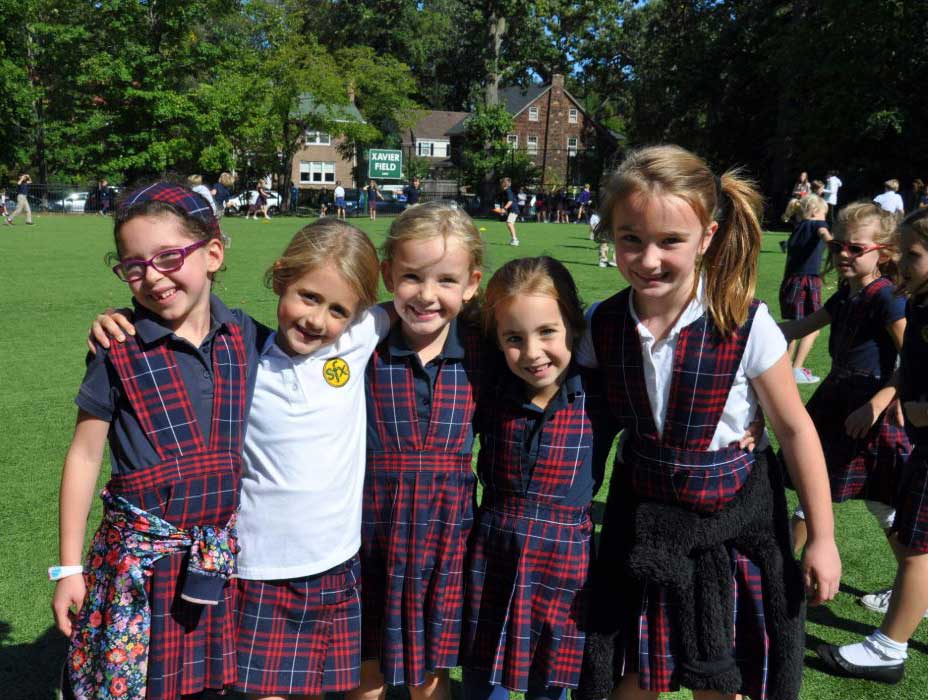Third Grade CurriculumThird graders continue to grow and develop as independent students and as leaders in the Elementary School community.
Students begin the year with weather terms and the seasons associated with weather. They move on to describe their likes, dislikes and hobbies in various seasons. Students acquire numbers through 100 and are able to describe all family members. Other topics include 5 W question words, adjectives that describe themselves physically, transportation, and food related vocabulary/verbs. Reading & Language Arts
The guided reading program focuses mainly on the reading skills involved with comprehension and vocabulary. Students meet in small groups with the teacher to read books that they are able to read with 90% accuracy. The curriculum challenges students to give written responses to comprehension questions. Books are read aloud to the class as whole-class lessons on an array of comprehension, accuracy, fluency, and expanding vocabulary skills. Language arts includes paragraph writing, personal narrative writing, narrative writing, descriptive writing, persuasive writing, reports, and speeches. The program uses picture books to teach mini-lessons on types of writing, the writing process, and the six-traits of writing. The spelling program uses high-frequency writing words in its units of study. Each unit focuses on basic spelling concepts, such as frequent spelling patterns, homophones, compound words, contractions, prefixes, and suffixes. Religion
The third grade religion curriculum teaches students that God calls each and every one of us to faith and eternal life. The focus for the year is faith. In the fall, every student selects a saint to research, prepares a written and oral report reviewing the life of this saint, and dresses in the garb of the saint for a special “All Saints” mass led by the grade. Students also study Catholic holidays and seasons. Every K-8 grader at SFX School plans and leads several all-school liturgies each year. Students attend Mass once each week in the church. Science + Social Studies
Through hands-on science and content area reading, science curriculum covers the topics of weather, states of matter, and plant and animal life cycles. Third grade science modules teach scientific investigation skills such as making hypotheses, recording data, and using measuring tools. Social studies is broken up into units of study. Students are given learning opportunities through webquests and field trips to study the branches of government, geography/mapping skills, and the history of Wilmette. A walking tour of Wilmette and a visit to the local historical museum supplement students’ understanding and appreciation of the culture and history of their community and serve as a highlight of the year. |


